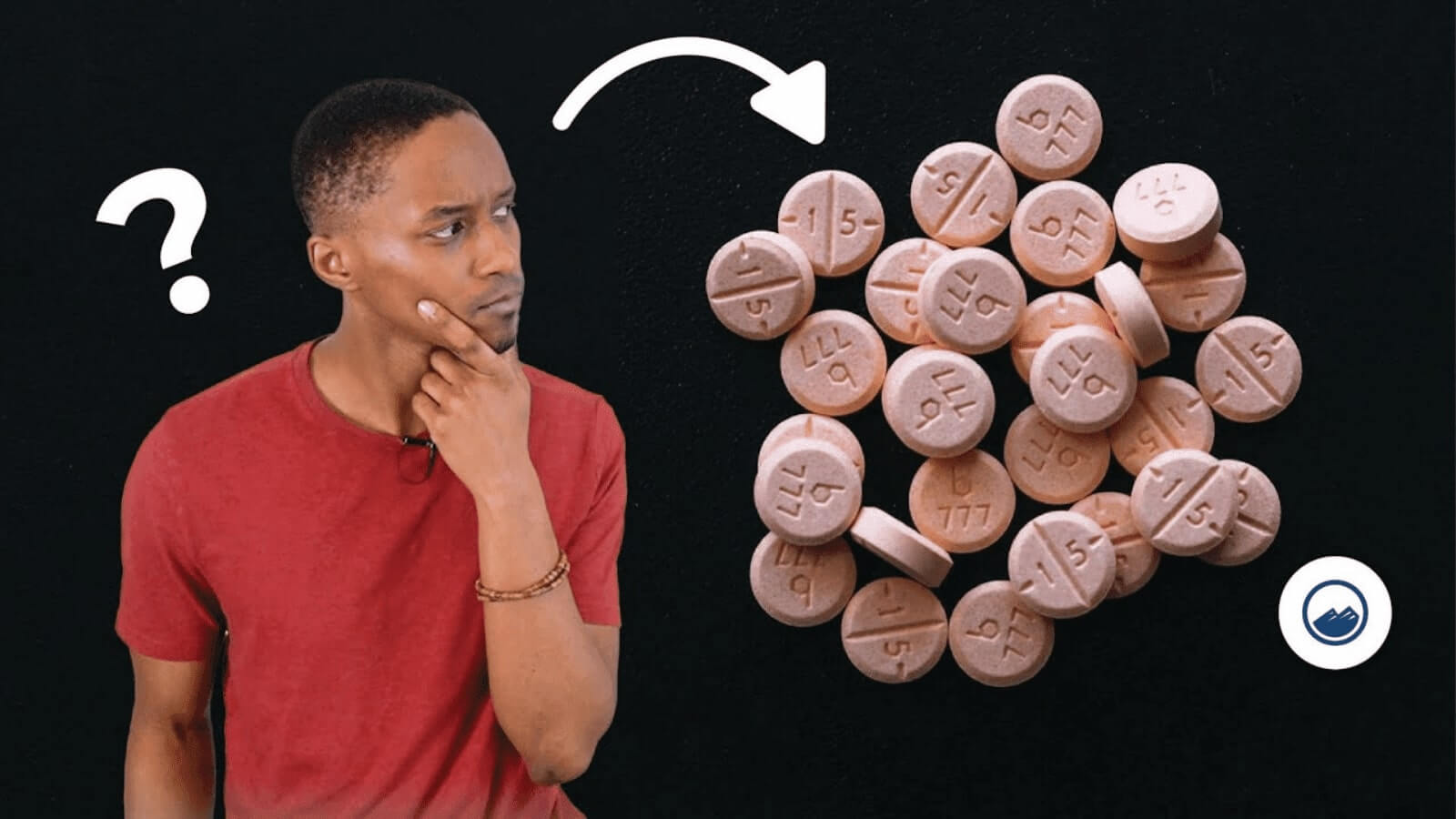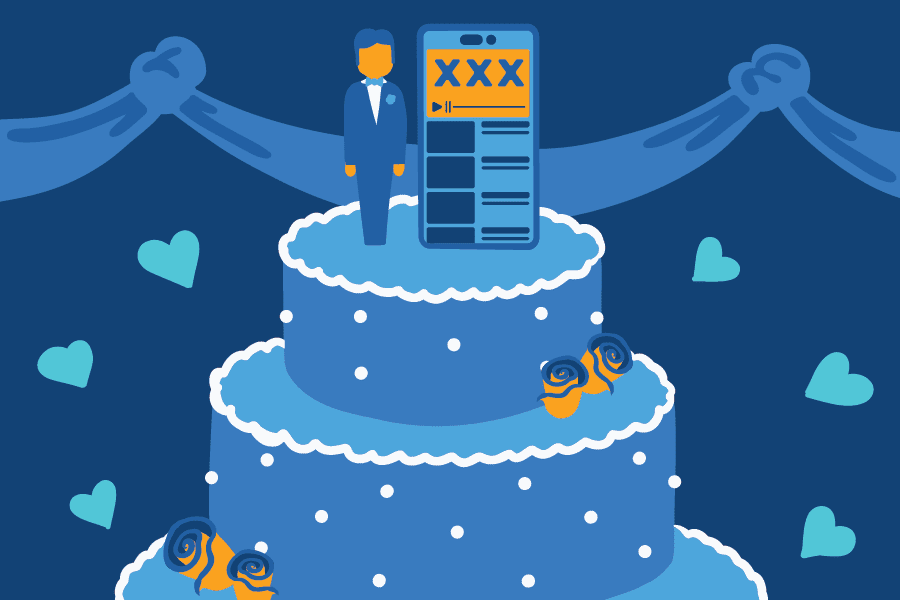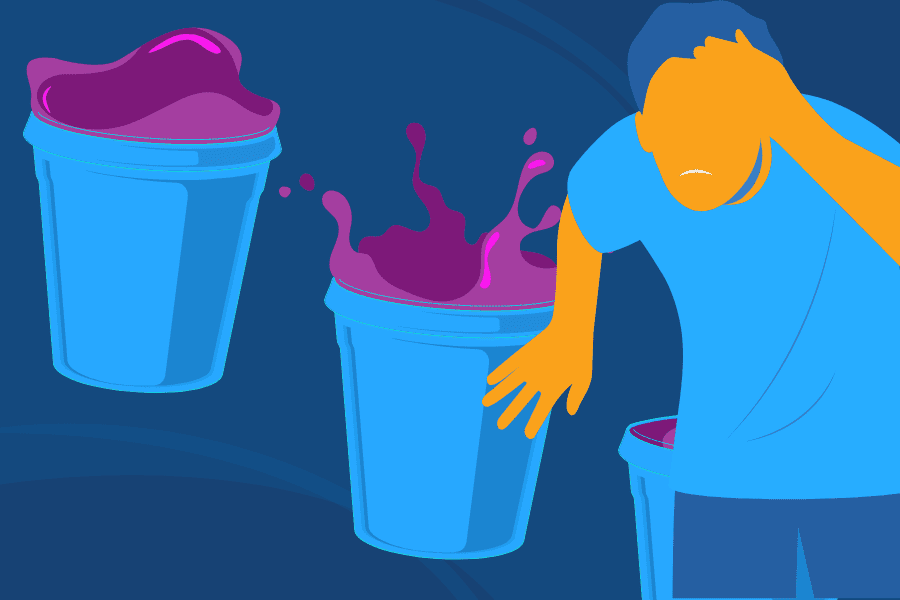Young Adults and Smart Drug Abuse
These are tough times to be a young adult. You’re starting a new phase of life, and your responsibilities are piling up. You may be paying off school debts, starting a new career or just branching out on your own. With all these pressures, it can be tempting to use smart drugs to try to get it all done.
Smart drugs are prescription drugs and other substances that enhance brain function, making you more alert. Some popular forms of these drugs include amphetamines, modafinil, armodafinil and adrafinil, among others.
Many young adults take these drugs without a prescription in order to stay up late, concentrate longer and improve focus at work, in college and in other areas.
Although it may sound like a good idea to take smart drugs to accomplish more, it’s not. These drugs can be very harmful, and they’re addictive when taken without a prescription. In fact, they can lead to problems like brain damage, heart problems and other major health concerns.
Types of Smart Drugs
The most common smart drugs include the following:
Provigil: Provigil is the brand name for modafinil, a prescription drug used to treat narcolepsy, sleep apnea and other sleeping problems.
Nuvigil: Nuvigil is the brand name for armodafinil, a prescription drug also used to treat sleeping disorders.
Adderall: Adderall is a prescription drug used to treat attention-deficit hyperactivity disorder (ADHD). It includes amphetamines, which are powerful stimulant drugs.
Ritalin: Ritalin is another prescription drug used to treat ADHD and narcolepsy. It includes methylphenidate, a stimulant.
Young adults often get these drugs from friends, online stores or prescription medications stored in their own home.
Effects and Risks of Smart Drugs
While many young adults see smart drugs as a way to boost their performance, there are major risks associated with their use. Some smart drugs, such as nootropics, haven’t been researched thoroughly or proven safe. They’re also potentially addictive. These drugs carry short- and long-term health effects.
Short-term effects of smart drug use
- Insomnia
- Anxiety
- Headache
- Nausea
- Vomiting
- High blood pressure
- Irregular heart rate
- Rashes
- Blistering
- Easy bleeding and bruising
- Diarrhea
- Confusion
- Depression
- Suicidal thoughts
- Hallucinations
- Dry mouth
- Upper respiratory infection
Long-term problems resulting from smart drug use
- Brain damage
- Heart disease
- Depression
- Paranoia
- Headaches
- Constipation
- Seizures
- Psychotic disorders
Signs and Symptoms of Smart Drug Abuse
At some point, a young adult who’s using these medications will probably demonstrate signs of abuse. These can include the following:
- Pulling “all-nighters”
- Inability to sleep
- Lack of appetite
- Weight loss
- Dilated pupils
- Tiredness
- Depression
- Rapid heart rate
- Impaired vision
- Shifts in mood
- Anxiety about performing well (at work, in college, etc.)
What to do if You Can’t Stop Using Smart Drugs
If you’re using smart drugs and can’t stop, it’s important to get the help you need. Though it may feel impossible to stop now, keep in mind that every day, people recover from this problem. And we at Sandstone Care are here to help you get through it. To learn more about your next steps and treatment options, give us a call today at (888) 850-1890.







